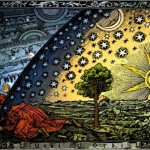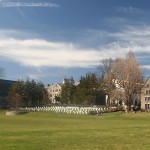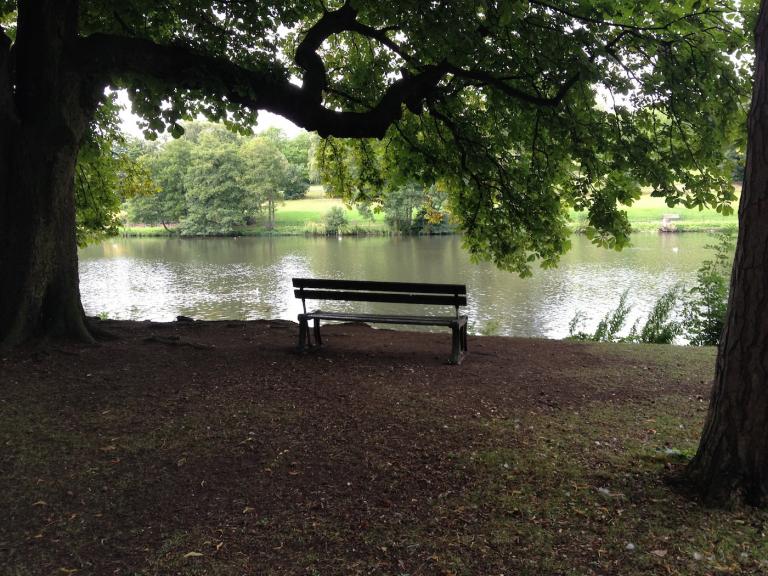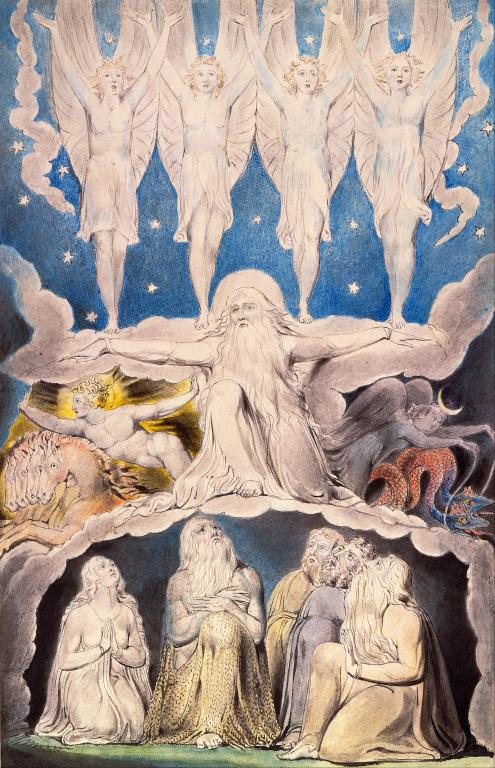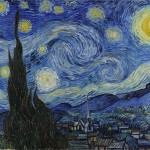David Russell Mosley
![Description Italiano: Screenshot da me realizzato dal trailer ufficiale del film Dracula, disponibile sul sito [1] Date 29-mag-2009 Source http://www.movieplayer.it/trailer/1537/dracula-trailer/ Author Utente:kasper2006 Public Domain](https://wp-media.patheos.com/blogs/sites/709/2016/10/Dracula_1931_photo.jpg)
Italiano: Screenshot da me realizzato dal trailer ufficiale del film Dracula, disponibile sul sito [1]
Date 29-mag-2009
Source http://www.movieplayer.it/trailer/1537/dracula-trailer/
Author Utente:kasper2006
Public Domain
19 October 2016
The Edge of Elfland
Hudson, New Hampshire
Dear Readers,
Since it is October and, right or wrong, our society has associated something both evil and good with this month and Halloween in general, I’ve been re-reading Bram Stoker’s Dracula. According to my records, I haven’t read this book since I first read it as a senior in high school, but I’m fairly certain I read it at some point in between on my Kindle (something I do not suggest). I know that for some the book is rather off-putting, but I love it. If you’ve never read, I do highly recommend it if for no other reason than the wonderful frame of the story. Rather than provided to us as a simple narrative with a single narrator, the book is compiled from the various letters, journal entries, and even newspaper clippings that concern the time period of the story.
Ever since my first reading of the story, as well as watching Anthony Hopkins portray him, the character of Abraham Van Helsing has been of great interest to me. He is first introduced to us in a letter from Dr. Seward to Arthur Holmwood. Seward describes him thus: “He is a philosopher and a metaphysician, and one of the most advanced scientists of his day; and he has, I believe, an absolutely open mind” (124). Later, we are rather surreptitiously shown that Van Helsing is a Catholic when he undertakes to show the three lovers of Lucy Westenra what has become of her, namely that she has become Un-Dead. He is sealing the door of her tomb against her and is asked what it is he is using. He responds, “‘The Host. I brought it from Amsterdam. I have an Indulgence'” (225). Now, I am not recommending that we all run out to priests to get blessed elements of the Eucharist to ward ourselves against vampires. However, I find something very interesting in how Stoker presents Catholicism (and thus an older, less “Enlightened” version of Christianity).
Stoker, along with most of the other characters in this novel was at least nominally a Protestant Christian. So, when he sat down to write a story about a kind of semi-demonic creature (for after all, Stoker does not, that I can recall, actually suggest that demons have replaced the human souls in these bodies and Lucy’s real death suggests at least at warring factions within her) that he turns not to some Anglican divine, but to a European Catholic. Van Helsing is able to recognize in folk stories and remedies true virtues in creation that truly work, that have real effects against evil. This reminds us that Catholicism, or perhaps better catholicism or catholic Christianity, involves the goodness of creation, involves God’s pervasive presence in creation. There is, of course, a danger here. The occult looms large. And of course, while crucifixes, daylight, garlic flowers, and more have positive effects against vampires, there is little talk of Christ throughout Stoker’s book. Van Helsing gets us part of the way there, but we need a more robust (if I may use this overused word) Christology. Still, with Christ somewhat absent, the scene with the Eucharist notwithstanding, Van Helsing presents us with a strange Christianity, one that reminds us both of the real evil in (at least in terms of activity) and the real goodness of (in terms, ultimately of ontology) creation.
I haven’t finished re-reading this excellent book yet and may have more reflections to come. But in the meantime, I would like us to raise a glass to Abraham Van Helsing, that great reminder that, “there are more things in heaven and earth […]/ than are dreamt of in [our] philosophies.”
Sincerely,
David

